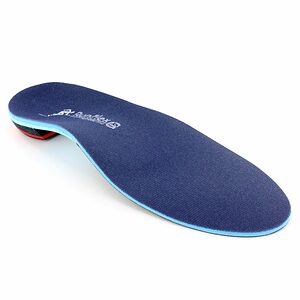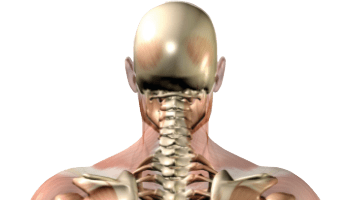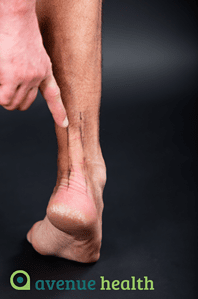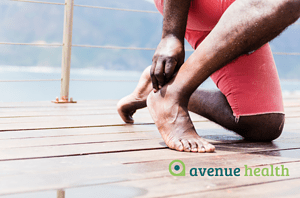Contents
What is Achilles Tendonitis?
Are you experiencing fiery pain in your ankle or heel after physical exercise? Although it can be easy to brush off as a little ‘soreness’ to be expected after physical activity, pain in this area may be a sign of Achilles tendonitis. As an infamously annoying condition in active people, Achilles tendonitis tends to rear its ugly head in people who do running and jumping sports.
Achilles Tendonitis affects the large tendon that connects the calf muscle to the heel. This tendon can become inflamed and tender to touch if overused, as in activities that – as we have said – involve running and jumping, or any intense exercise.
Achilles Tendonitis can also develop if the arches of the foot have become reduced in height (flat foot), as this increases the pull on the Achilles tendon. Symptoms of Achilles Tendonitis may be felt whilst exercising but it is more common to feel the pain the morning after exercise.
What are the symptoms of Achilles Tendonitis?
There’s nothing more frustrating than having to sit on the sidelines because your Achilles tendon is acting up. Symptoms of Achilles tendonitis can include pain, swelling, stiffness, and even a small bump or nodule on the tendon itself.
Achilles Tendonitis sufferers may also find it painful or difficult to walk, run, jump, climb stairs or stand for prolonged periods of time.
If left untreated, it can lead to more serious complications, such as a ruptured tendon (ouch!) This can require surgery and an extended recovery period, during which you may be unable to engage in normal activities or work.
How Can Shockwave Therapy Resolve Achilles Tendonitis?
Shockwave therapy is a non-invasive alternative to surgery and steroid injections. An applicator is freely moved over the area of pain, emitting radial shockwaves (radial pressure waves) into the tissues. The association between pain, muscle tone and vascular tone is broken, allowing natural movement patterns to be remembered and returned.
Read more on our Shockwave Therapy page and BMJ research into shockwave therapy as a reliable Achilles Tendonitis treatment option – including why it is more effective than alternatives such as surgery – here.

How Can Orthotics Resolve Achilles Tendonitis?
Our prescription Orthotics will support the arches of the feet and by doing so allow the Achilles tendon to travel freely and not rub on its protective sheath, causing friction and inflammation. They may also include a slight heel lift to remove some of the tension on the Achilles tendon. This will allow the tendon to heal itself and prevent the inflammation from reoccurring.
Get a 30-minute new patient assessment, diagnosis & treatment plan for just £30
I believe in alternative methods of treating back and foot problems and have done so for over 40 years. I’ve been treated by chiropractors, osteopaths and podiatrists whose methods are effective.
The difference between other practitioners and Michael Walker at the Avenue is that their prime objective is to see patients frequently so that they become more dependent on the course of treatments, whereas Michael’s ethos is to get his patients better quickly so that they become less dependent on his treatment.
Michael gets to the root of my problem and talks me through the possible causes of discomfort so I walk away having learned about the importance of posture, wearing the correct footwear and avoiding back and foot pain. Thank you, Michael!
Lesley Vaughan, Kingston-upon-Thames
Will Pain-Relieving Drugs Help With My Achilles Tendonitis?
Inflammation can be greatly reduced using NSAIDs (Non-Steroidal Anti-Inflammatory Drugs), such as ibuprofen, aspirin and paracetamol. Although they can reduce the inflammation caused by your Achilles Tendonitis, they do not address the underlying problem. They can, in some cases, cause stomach problems, such as acid reflux and constipation.
It is important not to use pain-killing drugs before engaging in physical activity. This is because, without feedback from your body’s nervous system, it is easy to over-use and further aggravate your condition. Remember: pain is the body’s way of telling you something isn’t right. However, when used correctly, painkillers are very useful in helping you get a good night’s sleep, which is a vitally important part of your recovery.
If you are already taking medication prescribed by a doctor, you should always ask the advice of a Doctor or Pharmacist before self-medicating, as some pain-killing drugs can affect the effectiveness of your medication, and can sometimes be dangerous.



